This is the second of a series of reports on the Mahakali basin, see the first: Mahakali women find their voices
Shiva and Parvati are epitomised in Hinduism as the joint protectors of the Himalayas. But men are conspicuously absent from the villages and towns on the banks of the Mahakali – the transboundary river that marks the western border of Nepal with India.
In village after village, you see only women, children and old people. A UN report, World Population Prospects, 2019 said that in 2019 the net migration rate for Nepal was 2.203 per 1,000 people, a 48.25% increase from 2018.
The women cope, with increasing confidence.
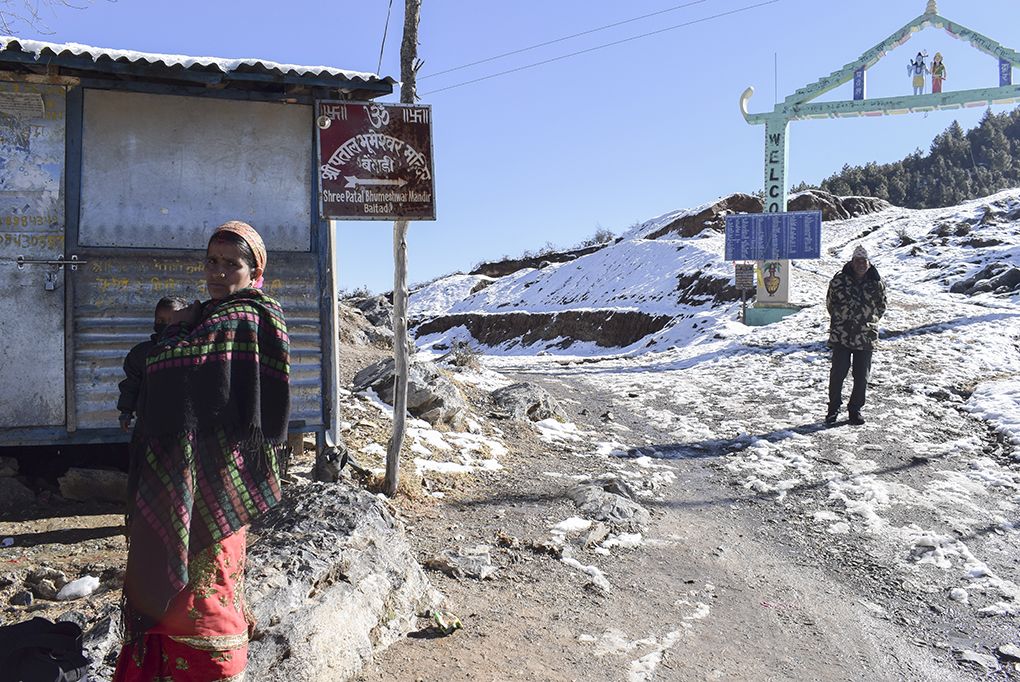
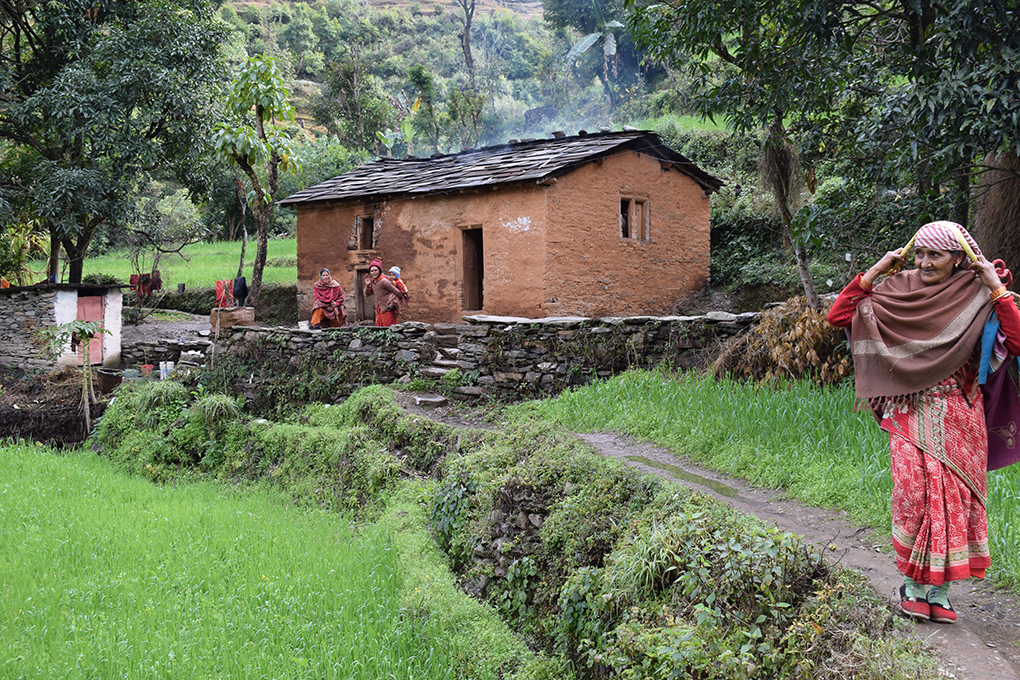
Most of the men travel to other countries in search of jobs, a trend that has been accelerated by the impacts of climate change – agriculture has been badly impacted by flash floods and land erosion that have become more frequent and more severe. Traditionally smallholder agriculture was the main source of livelihood in this region.
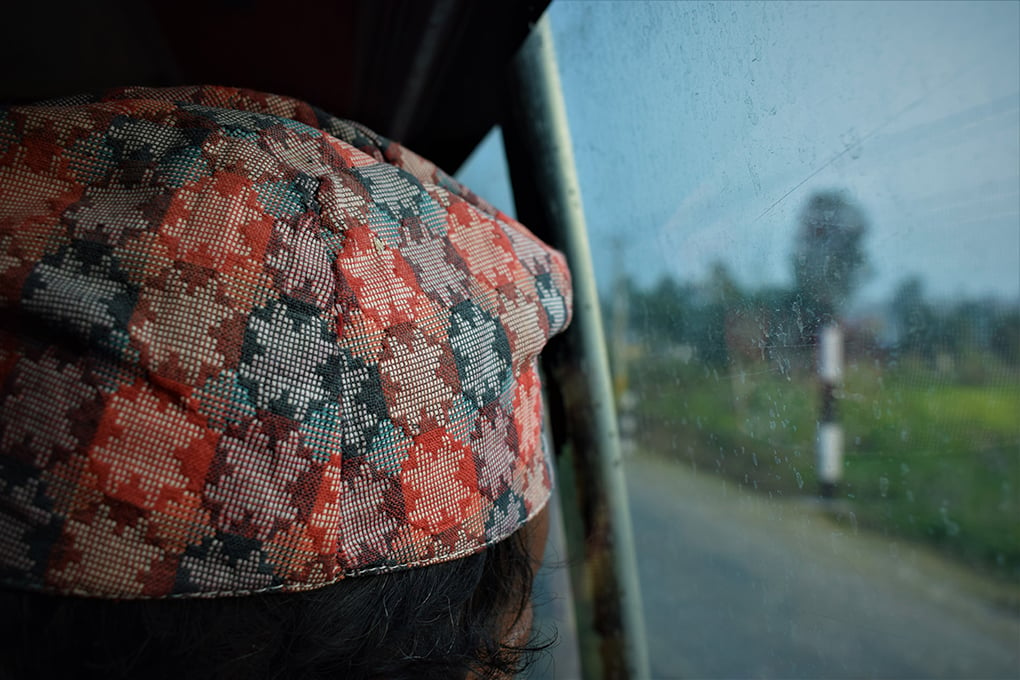
Now families are critically dependent on remittances wired from abroad. It is common for women living in remote Darchula, Baitadi and Dadeldhura regions to travel overnight to get the money wired to them. Mobile phones have become an absolute necessity – without it, they do not know when the money has been wired. And it is the only way to stay in touch with a husband, a father, a brother.
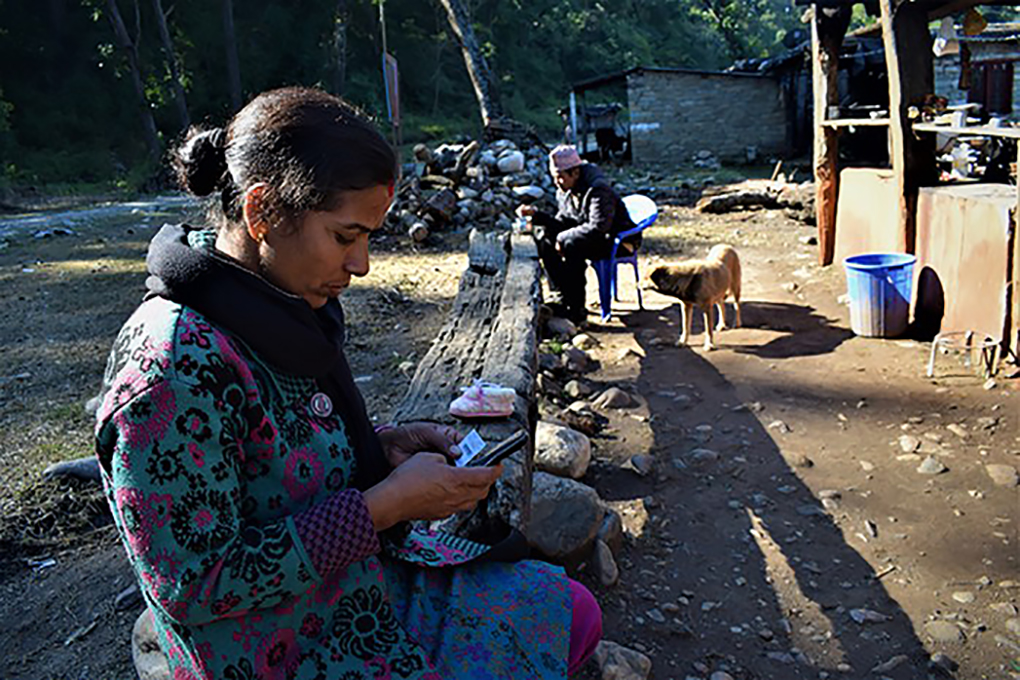
For most of the time, women find various ways to earn money as well as carry out all household and farm work.
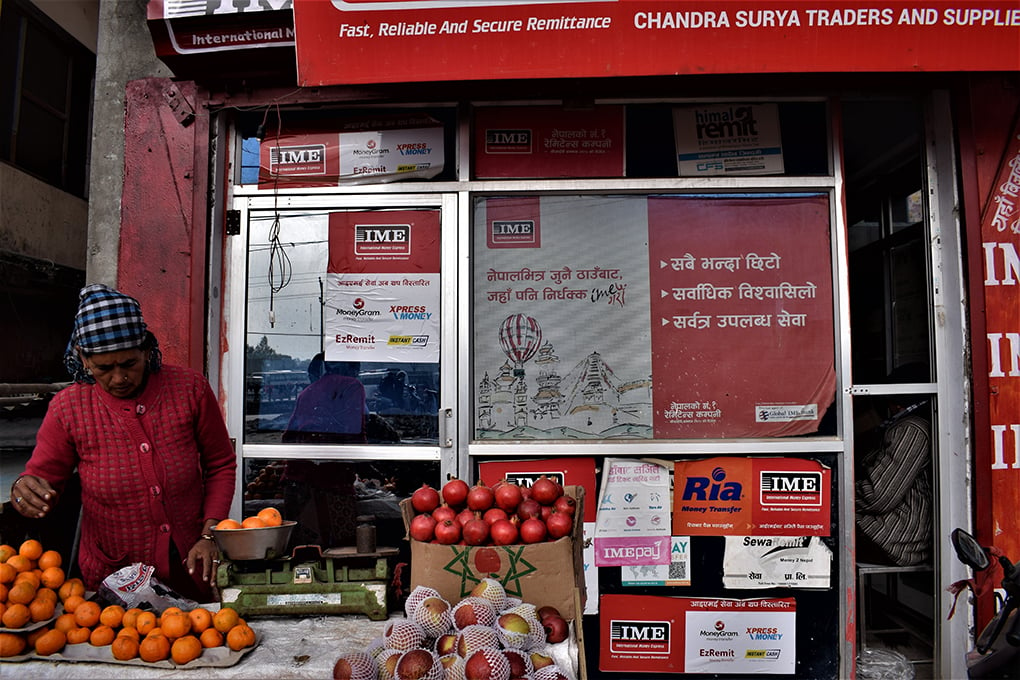
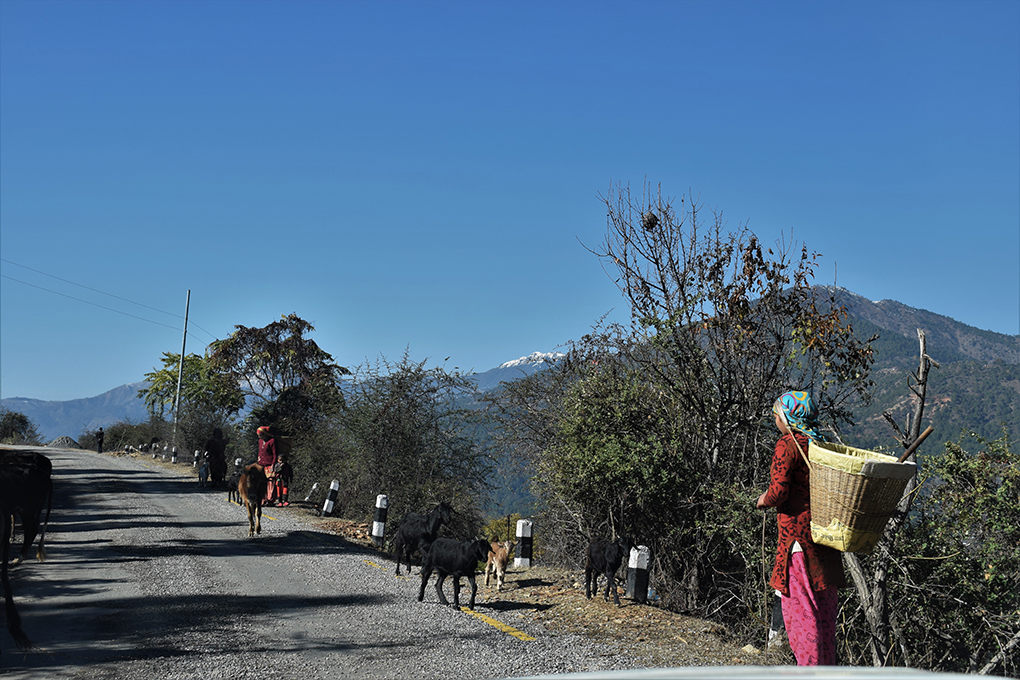
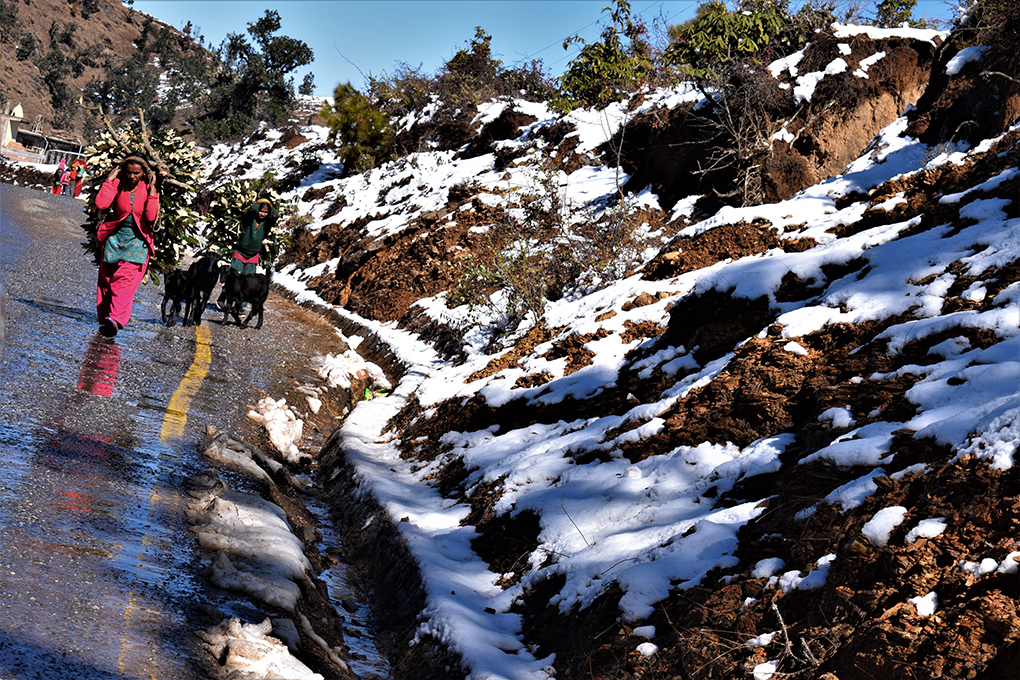
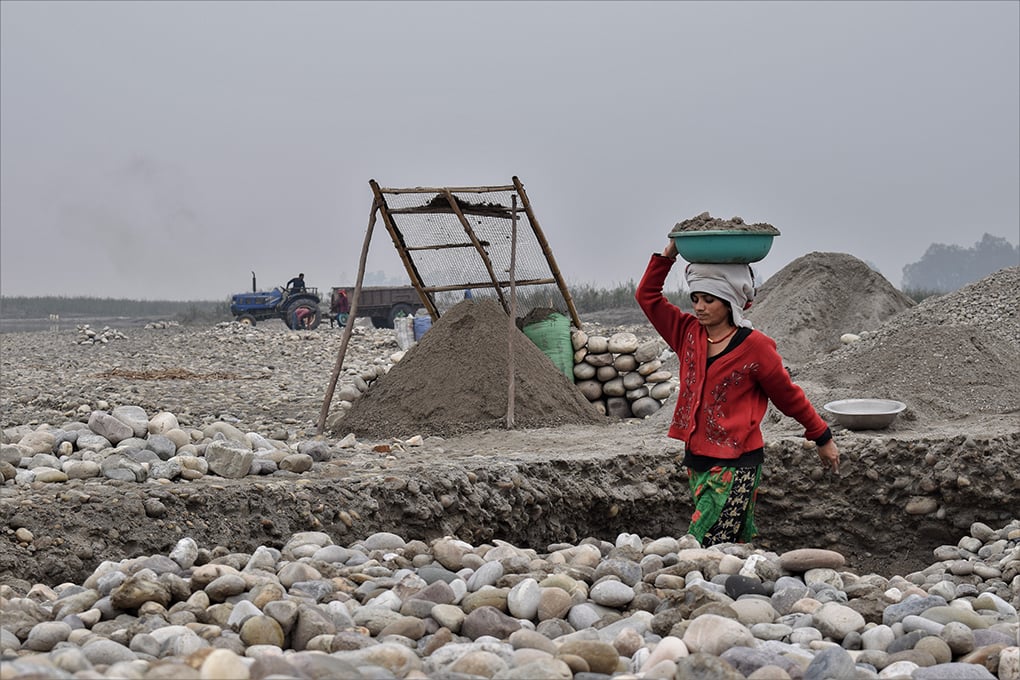
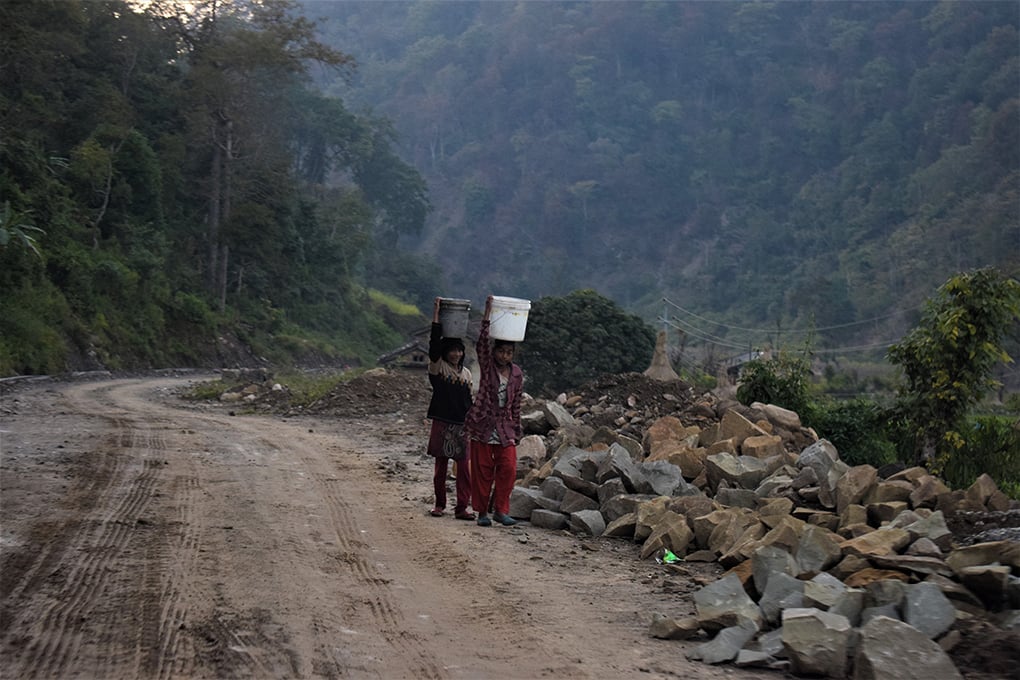
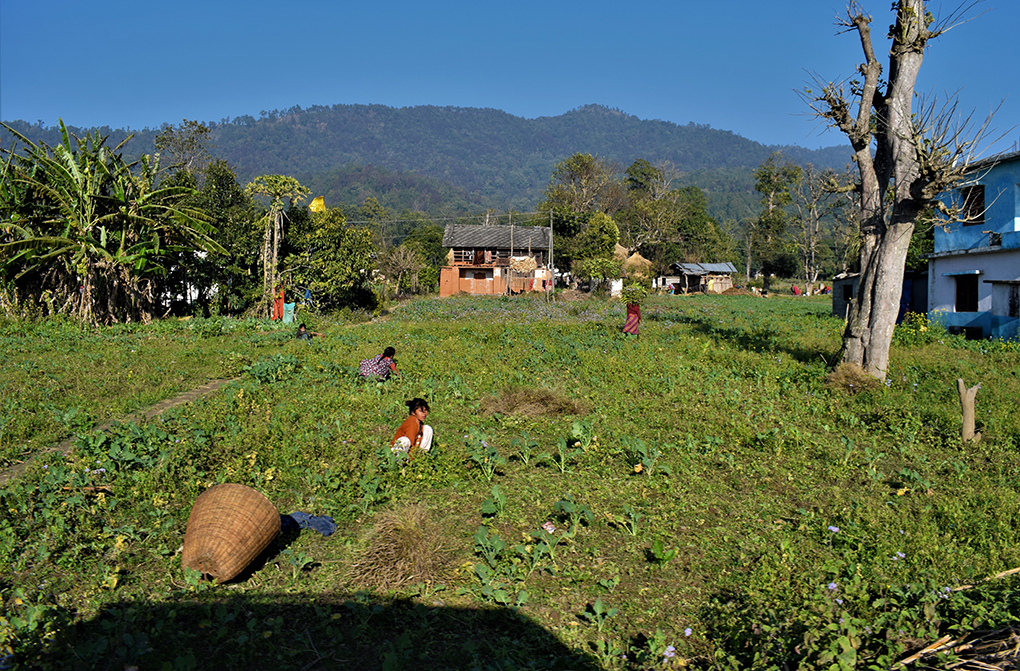
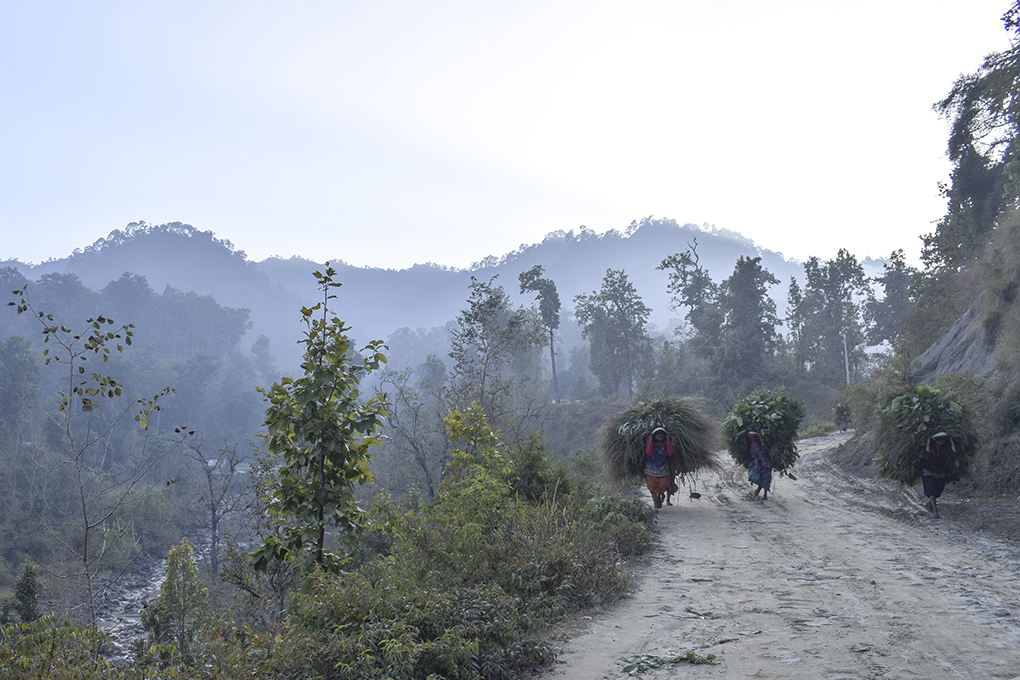
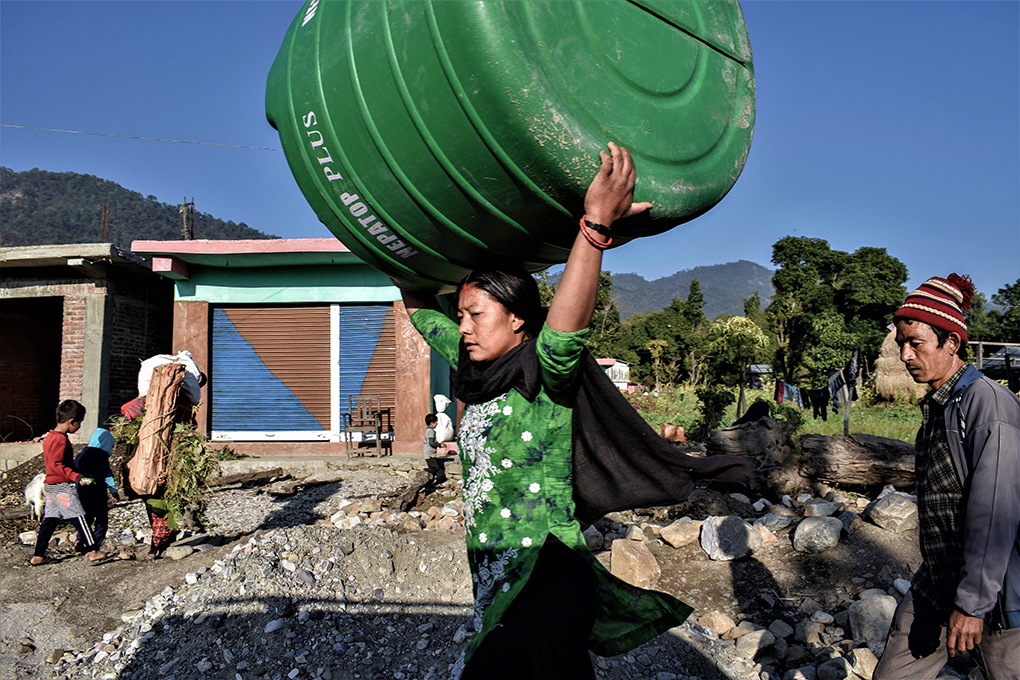
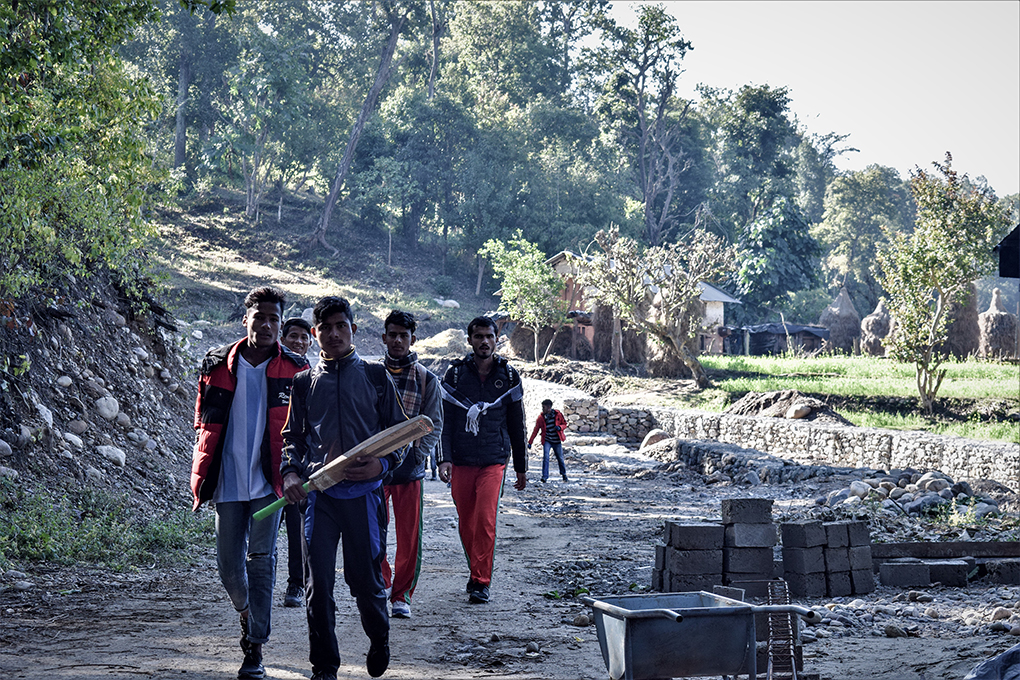
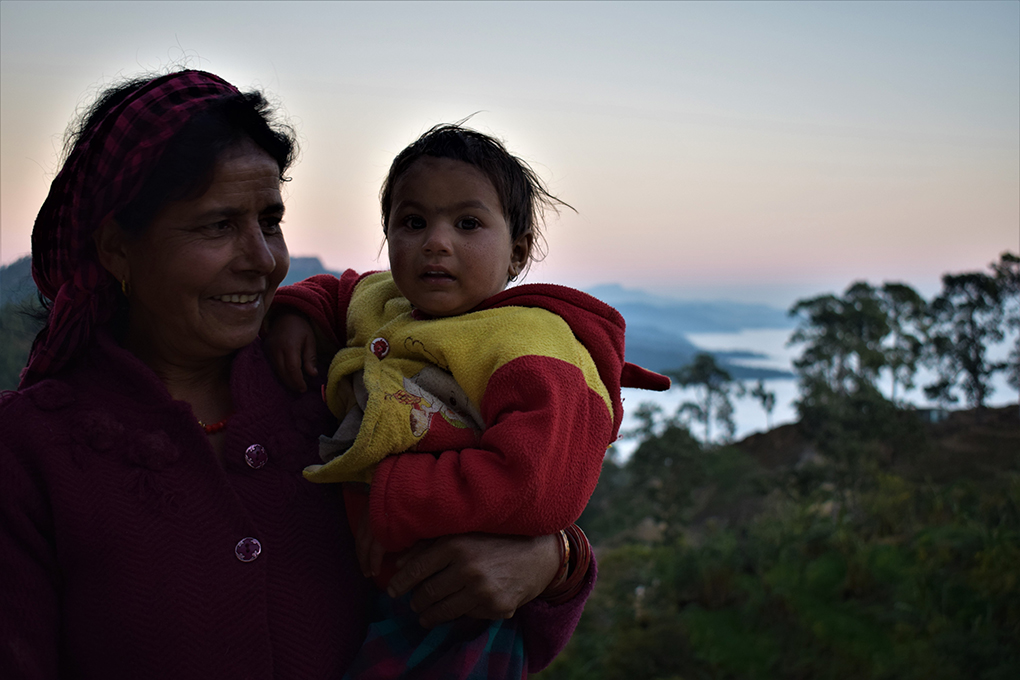
Meanwhile, the women have to keep their farms going and look after their families, mostly children and old people. They do this in an era of increasing flash floods, landslides, bank erosion, water contamination and debris flow.
Grethel Aguilar, acting director general of IUCN, writes in a recent study, “The damage humanity is inflicting on nature can also fuel violence against women around the world – a link that has so far been largely overlooked.” As shown in the first report in this series, the women of the Mahakali basin are fighting back to take charge of their lives.
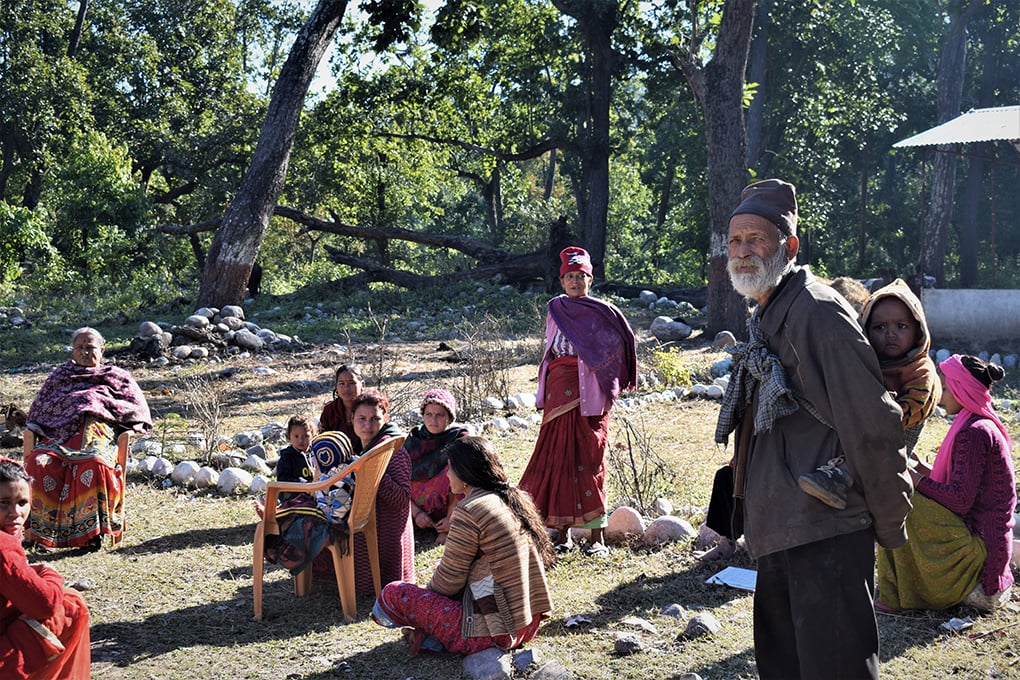
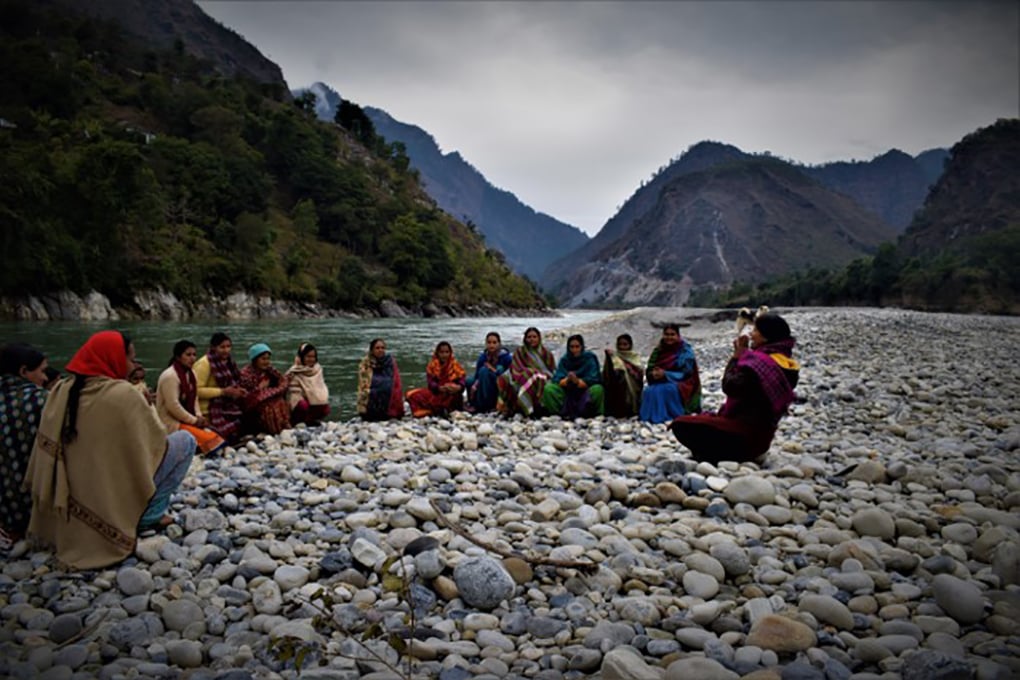
Next: The women leaders of the Mahakali
This work was supported by The Third Pole-Oxfam Shared Water Media Grants as part of the Transboundary Rivers of South Asia (TROSA) project funded by the Government of Sweden. Views expressed are solely those of the author
![<p>In a village close to the transboundary Mahakali river, a pregnant woman awaits news of remittance from her husband working abroad [All images by: Minket Lepcha]</p>](https://www.thethirdpole.net/content/uploads/2020/02/Mahakali-series-story-2-10-Feb-2020-main-pic-300x200.jpg)
![Sveinung Rotevatn, Norway's Minister for Climate and the Environment [image courtesy: Norwegian Ministry of Climate and Environment]](https://www.thethirdpole.net/content/uploads/2020/02/Sveinung-Rotevatn-300x169.jpg)
![The Rising Blue mural [image by: Waleed Khan / I Am Karachi]](https://www.thethirdpole.net/content/uploads/2020/02/Rising-Blue-3-mural-by-Giuseppe-Percivati.-Photo-by-Waleed-Khan.-Courtesy-I-Am-Karachi-200x300.jpg)



